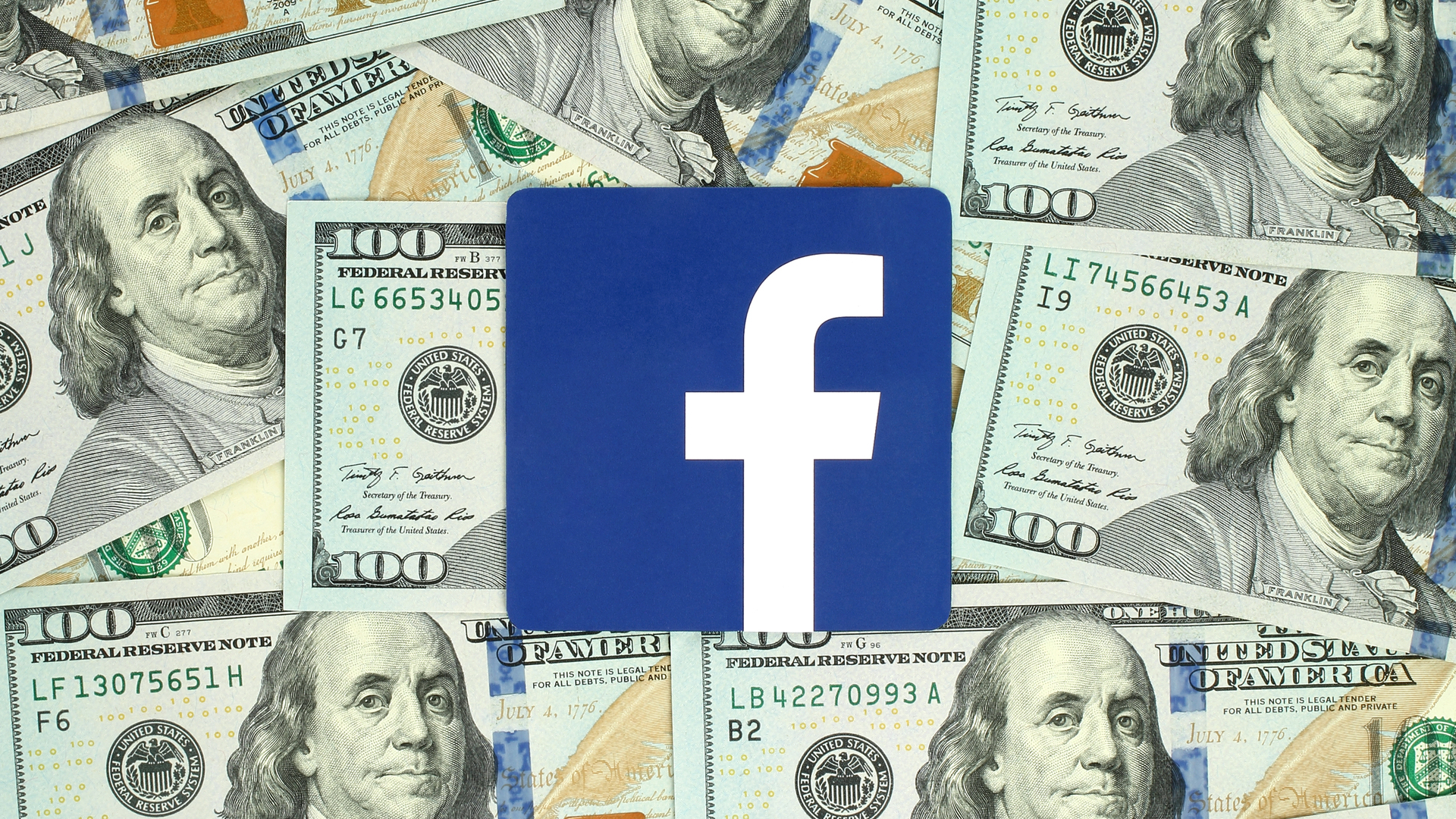Facebook bans Signal's crafty anti-tracking ad campaign
Signal exposed Facebook’s data collection practices


Sign up today and you will receive a free copy of our Future Focus 2025 report - the leading guidance on AI, cybersecurity and other IT challenges as per 700+ senior executives
You are now subscribed
Your newsletter sign-up was successful
Secure messaging application firm Signal just highlighted how much data Facebook collects about its users in a clever piece of media hacking.
Signal, which prides itself on not tracking its users, set out to demonstrate to Facebook users how much data they're giving up.
The company created an ad campaign on Instagram using the Facebook-owned photo and messaging app's multi-variant ad targeting system. This uses the detailed profiles Facebook builds about its users to deliver them appropriate advertisements. Instead of using this targeted demographic data to sell products to a carefully segmented demographic, Signal designed the advertisements to tell recipients what Facebook knew about it explicitly.
"The way most of the internet works today would be considered intolerable if translated into comprehensible real world analogs, but it endures because it is invisible," the company said when explaining the project.
Examples of the ads included: "You got this ad because you're a K-pop-loving chemical engineer. This ad used your location to see you're in Berlin. And you have a new baby. And just moved. And you're really feeling those pregnancy exercises lately."
Other examples Signal posted identified users’ marital status, including a recent divorce, and more nuanced situations like being in an open relationship. Ads also relayed recent purchases and new hobbies. They also called out the kinds of content that specific Instagram users like to read online.
RELATED RESOURCE

Transforming business operations with AI, IoT data, and edge computing
A Pathfinder report on the ROI of AI, IoT, and edge computing
According to Signal, Facebook disallowed the ad campaign. "Being transparent about how ads use people's data is apparently enough to get banned; in Facebook's world, the only acceptable usage is to hide what you're doing from your audience," it continued.
Sign up today and you will receive a free copy of our Future Focus 2025 report - the leading guidance on AI, cybersecurity and other IT challenges as per 700+ senior executives
This media hack is another small blow in Facebook's ongoing battle against privacy advocates. In March, the US Supreme Court rejected Facebook’s appeal to scale back a $15 billion class-action lawsuit accusing it of illegally tracking its users' activity.
Facebook is also involved in an ongoing spat with Apple, which has introduced privacy changes in iOS 14 that give users an opt-in prompt to enable in-app tracking. Facebook responded by inserting messages in its app that guide users to opt in.
Danny Bradbury has been a print journalist specialising in technology since 1989 and a freelance writer since 1994. He has written for national publications on both sides of the Atlantic and has won awards for his investigative cybersecurity journalism work and his arts and culture writing.
Danny writes about many different technology issues for audiences ranging from consumers through to software developers and CIOs. He also ghostwrites articles for many C-suite business executives in the technology sector and has worked as a presenter for multiple webinars and podcasts.
-
 Give businesses more practical AI services and some return on investment before you go selling 6G
Give businesses more practical AI services and some return on investment before you go selling 6GThe value of modular computing and community-led development wins big at MWC, while AI continues to consume us all
-
 Microsoft CEO Satya Nadella says 'anyone can be a software developer' with AI
Microsoft CEO Satya Nadella says 'anyone can be a software developer' with AINews AI will cause job losses in software development, Nadella admitted, but claimed many will reskill and adapt to new ways of working
-
 AI is “forcing a fundamental shift” in data privacy and governance
AI is “forcing a fundamental shift” in data privacy and governanceNews Organizations are working to define and establish the governance structures they need to manage AI responsibly at scale – and budgets are going up
-
 26% of privacy professionals expect a “material privacy breach” in 2026 as budget cuts and staff shortages stretch teams to the limit
26% of privacy professionals expect a “material privacy breach” in 2026 as budget cuts and staff shortages stretch teams to the limitNews Overworked, underfunded privacy teams are being left hung out to dry by executives
-
 EU lawmakers want to limit the use of ‘algorithmic management’ systems at work
EU lawmakers want to limit the use of ‘algorithmic management’ systems at workNews All workplace decisions should have human oversight and be transparent, fair, and safe, MEPs insist
-
 Data (Use and Access) Act comes into force
Data (Use and Access) Act comes into forcenews Organizations will be required to have an effective data protection complaints procedure and fulfil new requirements for online services that children are likely to use
-
 UK businesses patchy at complying with data privacy rules
UK businesses patchy at complying with data privacy rulesNews Companies need clear and well-defined data privacy strategies
-
 Data privacy professionals are severely underfunded – and it’s only going to get worse
Data privacy professionals are severely underfunded – and it’s only going to get worseNews European data privacy professionals say they're short of cash, short of skilled staff, and stressed
-
 Four years on, how's UK GDPR holding up?
Four years on, how's UK GDPR holding up?News While some SMBs are struggling, most have stepped up to the mark in terms of data governance policies
-
 Multicloud data protection and recovery
Multicloud data protection and recoverywhitepaper Data is the lifeblood of every modern business, but what happens when your data is gone?
